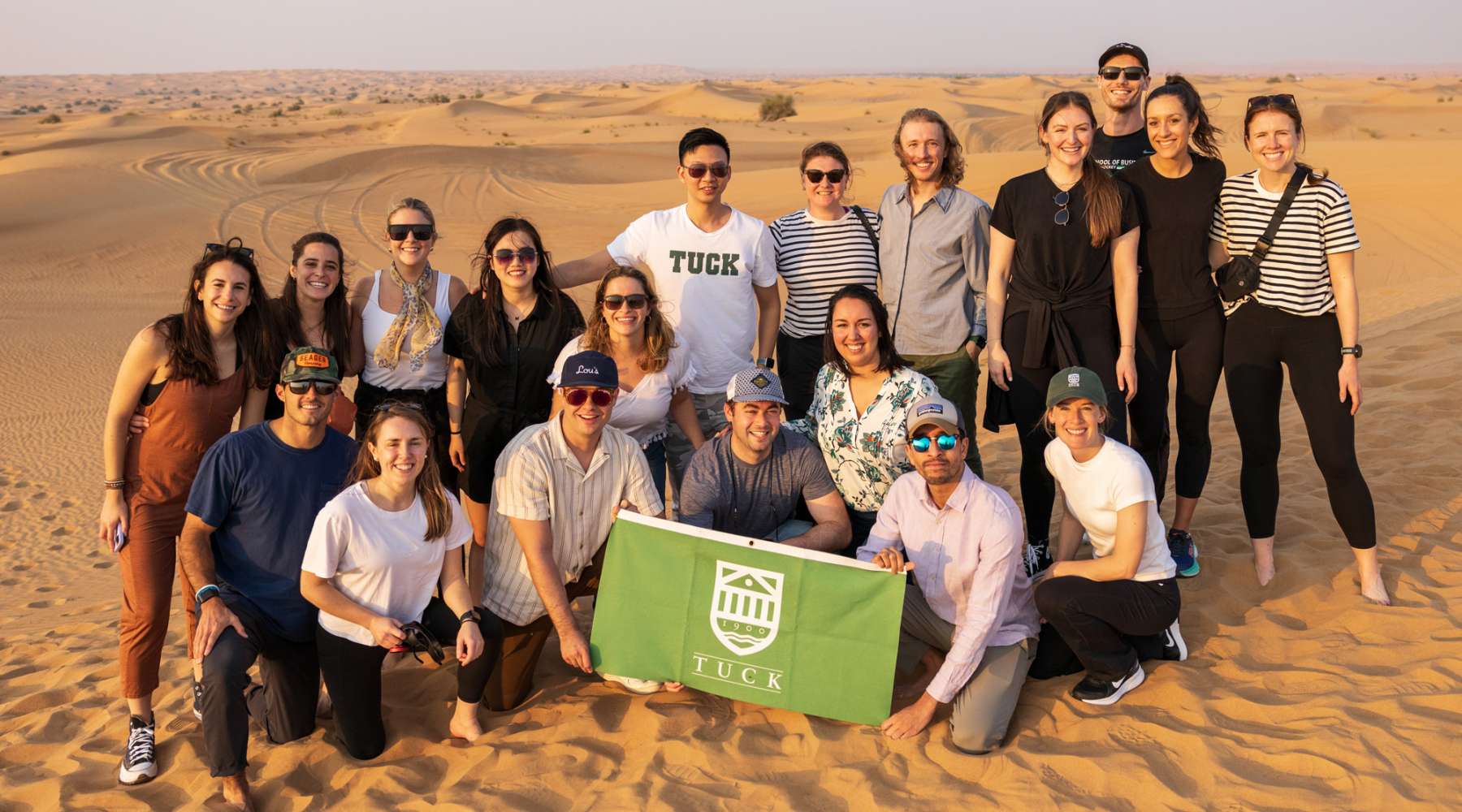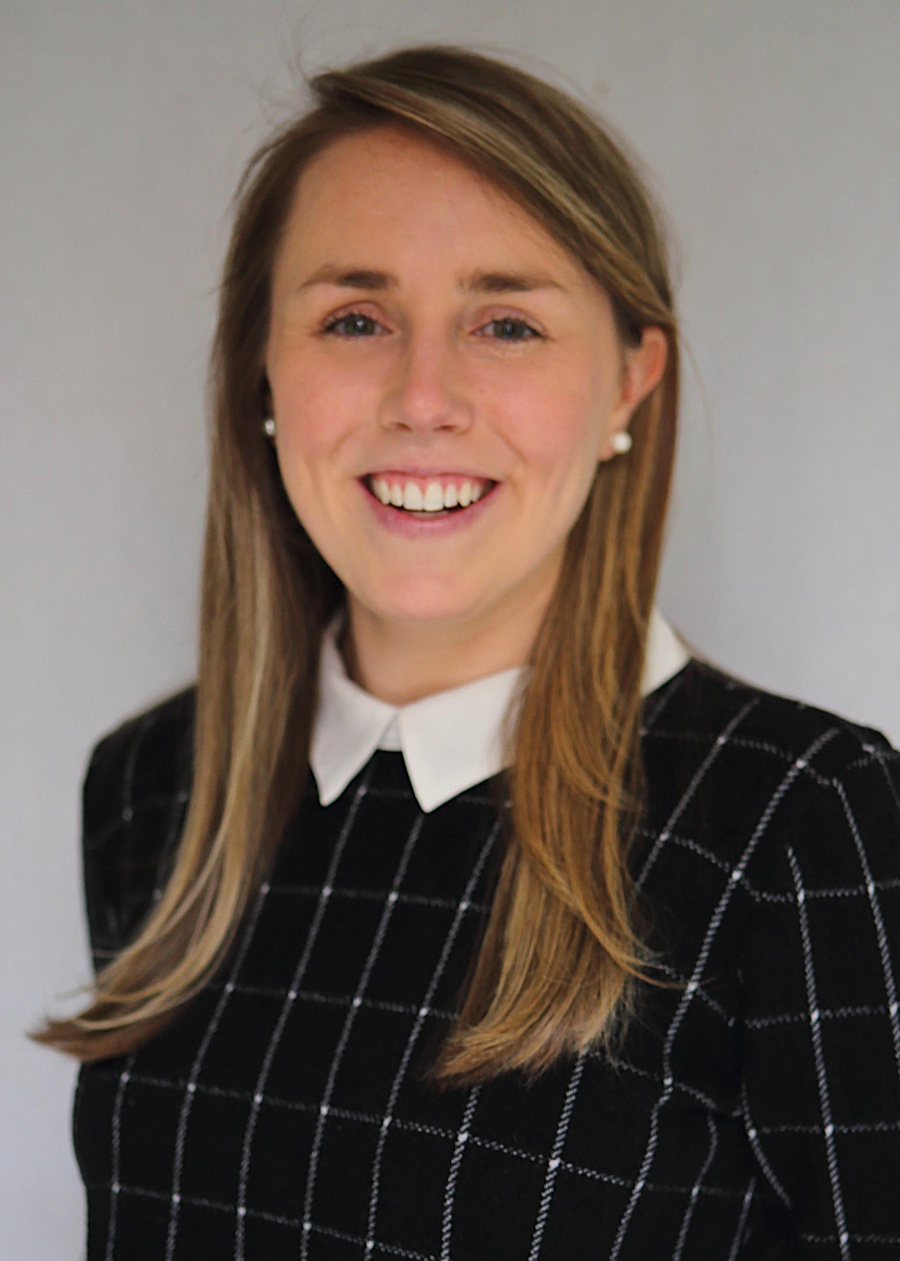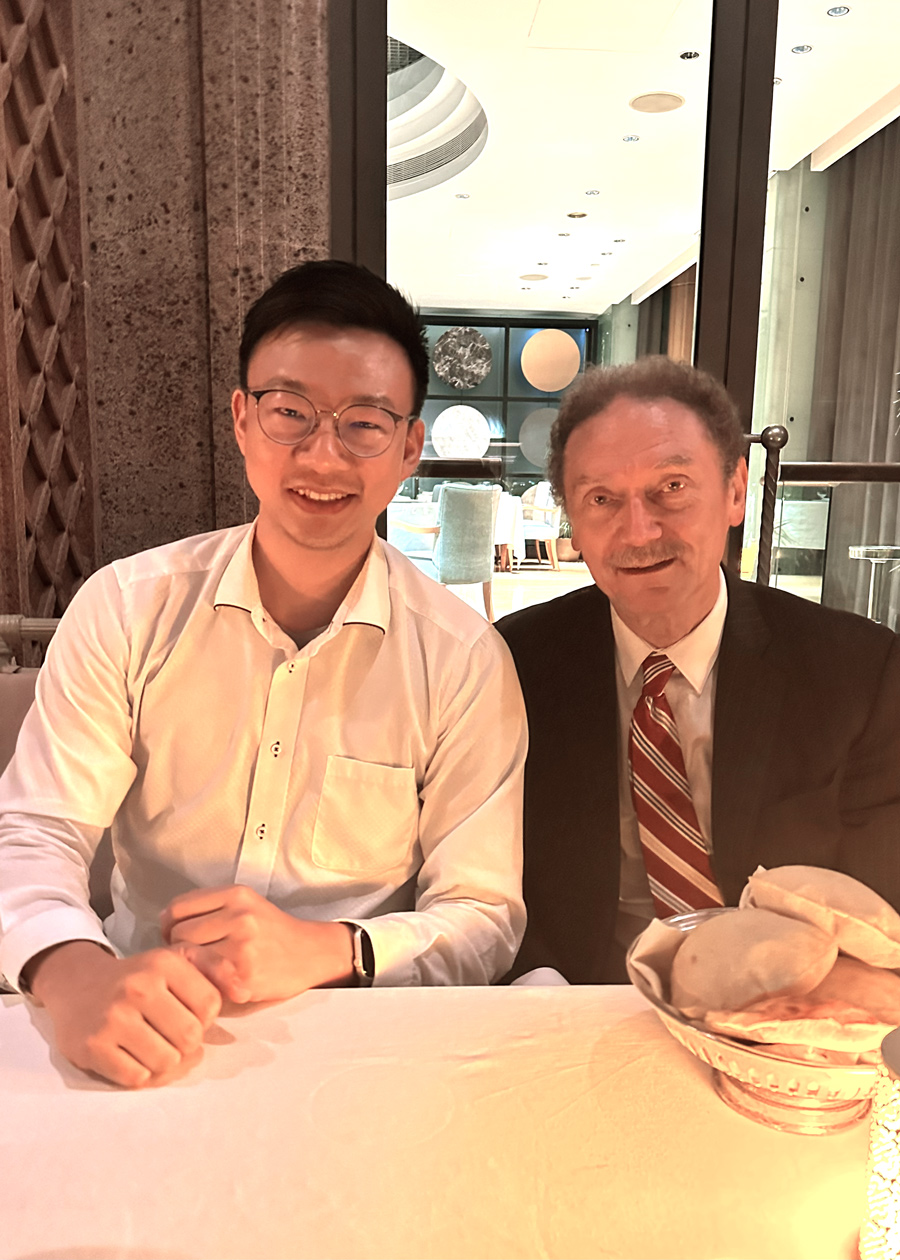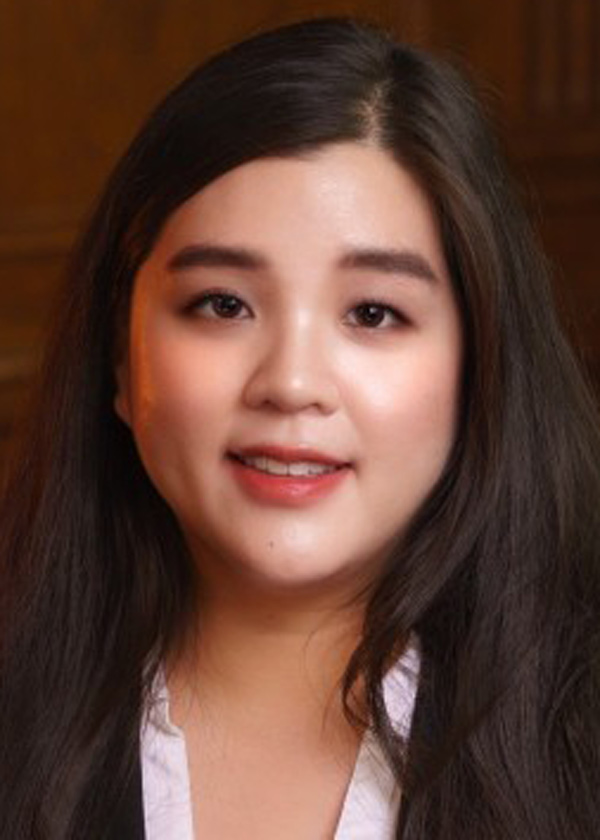
T’23s McKenzie Hunt, Clark Pang, and Charley Yu reflect on the growth, modernization, and sustainability lessons learned during the UAE GIX course.

When the opportunity arose to travel to the United Arab Emirates for my GIX, I was immensely excited to apply. Since its creation in 1971, the rapid development of the UAE has been nothing short of impressive. In five decades, the UAE has leveraged its accumulation of wealth through oil to transform what was once seven impoverished Emirates, into one of the most strategic and fast-growing economies in the world. However, what intrigued me most about the UAE was how they were planning to sustainably operate in a post-oil economy. Therefore, having the opportunity through Tuck to meet with policymakers, international business managers, and Tuck alumni to uncover the nuances and complexities that accompany planning for this shift was an invaluable experience that I couldn’t pass up.
Our GIX was led by Tuck/Dartmouth Professor, Dirk Vandewalle as well as the executive director of the Center for Business Government and Society, Hannah Payson, both of whom were well-versed in the gulf region. In a political economy such as the UAE where the Emirati culture is strongly tied to their business practices, it was helpful to have both Professor Vandewalle and Hannah provide context to the structure of the seven emirates, as well as the role that the monarchy has played in the development of the UAE. Specifically, as an expert in Islamic finance and institutional development and economic reform in the Arab Gulf states, Professor Vandewalle engaged us with his vast knowledge numerous times throughout our GIX, helping us to synthesize the impact and learning of each company visit.
Additionally, both Professor Vandewalle and Hannah made a concerted effort to get to know each of us as students and people. Whether it be during the daily 6 a.m. running group that Professor Vandewalle organized or the thoughtful conversation that Hannah had with us during our trips to the Louvre Abu Dhabi or the Sheikh Zayed Mosque, they each made us feel the depth of the Tuck community even while being so far from Hanover.
The GIX requirement is a wonderful way to get outside of the bounds of Tuck and apply what we have learned in the classroom on a global stage. The experience allows you to be in the epicenter of the topic that you’re learning and provides you with the tangible opportunity to grow your knowledge outside of the confinements of a classroom, case study, or excel sheet. It is a true hands-on experience that I am continuously grateful to have had and would recommend to any Tuck student.
McKenzie was born and raised in the suburbs outside of Boston. She attended the University of Pennsylvania where she majored in Marketing and Communications and was also a varsity student athlete on the women’s lacrosse team. Following graduation from Penn, McKenzie moved back to Boston where she spent most of her time working in marketing, specifically focused in data analytics and market research. She came to Tuck because of the community, proximity to her love of the outdoors and to pivot into consulting.
At Tuck McKenzie is a Student Board Chair, a Tuck Admissions Associate, a Non-Profit Board Fellow, a Next Step Fellow and is the co-chair of the unofficial Pickleball Club.

What interested you about the GIX location and topic?
Prior to Tuck, I had traveled to over twenty countries across five continents, but never to the Middle East. I wanted to add the UAE to my portfolio of experiences, because the unique Arabic culture mixed with ex-pats and its post-oil economy are attracting attention globally as Dubai and Abu Dhabi are trying to put many next-generation innovations into practice, including free zones, vertical farming, and sustainable energy. I also admire the strategic foresight of Sheikh Rashid, the founder of Dubai, who said my grandfather rode a camel, my father rode a camel, I ride a Mercedes, my son rides a Land Rover, and my grandson is going to ride a Land Rover … but my great-grandson is going to have to ride a camel again.
I was ecstatic to explore ”a tale of two cities: sustainability and the post-oil economy in the UAE,“ the topic of our GIX trip.
What was your first impression of your host location?
As a millennial born and raised in Shanghai, I have always been proud of the modernization and fashion of my metropolis, but was star-struck by the impressive architecture and infrastructure of Dubai when I landed in the UAE. The magnificent skylines and internationally renowned land projects extended the boundary of my imagination as I witnessed Burj Khalifa, Palm Jumeirah, and Dubai Shopping Mall.
While the local Emiratis account for only 15% of the total population in a majority ex-pat place, they were super friendly and accessible, eager to share with us the history and culture of the Emirates. They often greeted me with smiles and sometimes offered help to adjust my keffiyeh (traditional headwear) when I was walking in the street dressed in a kandura (traditional Emirati men’s dress).
What is a key takeaway from this experience? What have you learned?
If you have never been to Dubai, you might still get the stereotype that it is a rich oil economy. However, from Dubai government officials to local professionals, they have been taking significant efforts to transition into a more sustainable model. During our visits to various sites and meetings with local hosts and Tuckies working there, I got to know how the Dubai government has adopted a diversified economic development strategy in the last several decades. By developing logistics and building free ports and trade zones, Dubai keeps promoting its industrial upgrades and transferring to the service industry. Dubai has become a trade center in the Middle East and the third largest entrepot trade center in the world after Hong Kong and Singapore.

What interested you about the GIX location and topic?
I had never visited any part of the Middle East before—the regions’ growth and interconnectivity to our global economy beckoned me to learn more about its position and influence. The UAE topic was specifically on its post-oil economy, which was structured to first educate students on the history and formation of the Emirates and its transformation during oil discovery. It allowed students to visit, ask questions, and reflect on businesses currently supporting the UAE’s investment into strategic and high-growth industries. Personally, I also had a growing interest in real estate, sustainability, and the retail sectors (which were three focus areas for the region).
During our GIX, both Dubai and Abu Dhabi were covered. The scheduled corporate visits provided a diverse perspective on differing growth priorities across the country. Being able to see the cities first-hand helped solidify a visual of growth and change that, despite the literature written on the region, was still difficult for me to grasp. I was very much excited to meet intellectually and technologically impressive hosts and to immerse myself in the experience.
How did Tuck faculty and/or staff contribute to your overall GIX experience?
The entirety of the GIX program is run by a group of dedicated faculty who months in advance plan the logistics of the meetings, support students to arrive in their locations, and organize everything on-the-ground for the students. I had so much appreciation for Professor Diederick (Dirk) Vandewalle during the GIX. All his past work—a two-time Fulbright fellow, a political advisor, a UN envoy, an author, a cameo in the Netflix documentary How to Be a Tyrant and much more—shined through in his guidance of introducing students to a new culture.
After meeting with different companies, our group would debrief on what surprised us, what we were curious about, and what additional questions we had. His facilitation style before and after our meetings was one of empathy, encouragement, and open-mindedness. However, he did not shy away from sharing his own opinions and constructive criticisms throughout the trip. It was refreshing to be around a professor who took an unbiased approach to learning.
What should prospective students know about the GIX and/or TuckGO requirement?
The GIX opportunity is one to take advantage of while at Tuck. It’s more than just visiting a foreign country, but an opportunity for students to challenge their own barriers to cultural immersion. After the visit, students can leave with an increased understanding but also continued curiosity which, especially during an educational period in one’s life, is often sometimes a rare result.
Charley is a second-year Tuck student pursuing investment banking. Prior to Tuck, Charley was a strategy and management consultant. She has been a part of teams at Mercer, Accenture, and PwC and has advised almost all levels of management. Charley has been fortunate enough to work on a high number of clients undergoing M&A transformation, mostly working on due diligence, emerging technology assessments, and operational improvement engagements. At Tuck, Charley is an active member in the Finance Club, a fellow for the PE/VC Center, and co-chair for Art Mouth (Tuck’s art club), Entrepreneurship Club, and Games Club. In her free time, she runs her own candy brand, and is an active member of the Consortium. Post-Tuck, Charley will start her career in investment banking.
Global Insight Expeditions (GIXs) help students develop cultural awareness, empathy for the thoughts and attitudes of local people, and agility to adapt their behavior to successfully navigate different business environments through structured reflection. Each course begins with classroom sessions on Tuck’s campus. Students then travel with one or two faculty members where they engage with corporate leaders, entrepreneurs, community leaders, government officials, and local people from different walks of life.